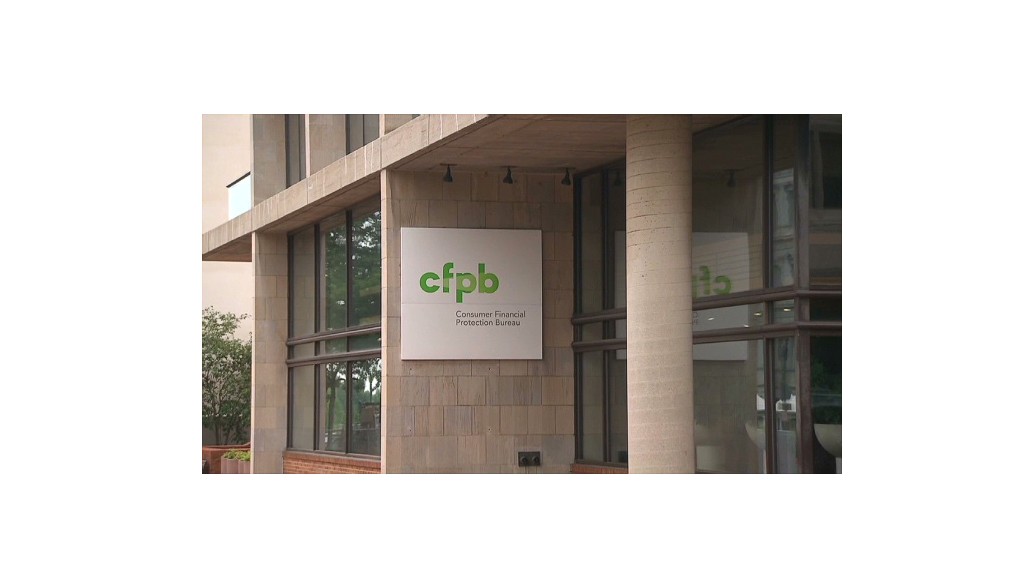
The credit score you receive may be much higher or lower than the one a lender uses when deciding whether to give you a mortgage, credit card or auto loan, a new government report finds.
One out of five consumers is likely to receive a score that is "meaningfully" different from the score used by a lender to make a credit decision, according to study from the Consumer Financial Protection Bureau that analyzed 200,000 credit files from the three major credit bureaus, TransUnion, Equifax (EFX) and Experian.
As a result, many of these consumers receive either better or worse terms on mortgages, credit cards, auto loans and other credit products.
"This study highlights the complexities consumers face in the credit scoring market," said CFPB Director Richard Cordray in a statement. "When consumers buy a credit score, they should be aware that a lender may be using a very different score in making a credit decision."
The credit score a lender sees often depends on the type of loan or credit product they are considering. Lenders that use FICO scores, the most commonly used score, could be looking at one of 49 different scores to determine how risky you are -- including a FICO (FICO) auto score, a FICO bankcard score and a FICO mortgage score.
Related: You have 49 FICO scores
As a consumer, it's impossible to know which score a lender will use to make a decision and how it will compare to the score available to you. That means the scores available for purchase from the major credit bureaus are often unreliable when it comes to determining whether you will qualify for certain credit products, the CFPB found.
Confusion can also arise when a lender looks at one kind of score, like a FICO score, and a consumer looks at a type of score called an "educational score" that uses a different scoring formula and isn't used by lenders. You can often get these scores online for free from private companies like Quizzle.com, CreditSesame.com or CreditKarma.com.

Anthony Sprauve, a spokesman for myFico.com, said these "educational" scores are confusing millions of consumers.
"In today's economic environment, it's especially important that consumers, particularly young or low-income consumers, have clarity and transparency in how financial decisions are made," said Sprauve. "People benefit most from knowing the specific credit score their lender uses. Usually this means their FICO Score."
While the group of consumers whose scores vary dramatically from the ones lenders use represent a minority, these discrepancies can have a big impact. Some consumers who see a higher score than a lender may apply for loans and credit cards they aren't qualified for, while consumers who see a lower score than a lender may accept offers with higher interest rates or worse terms than they could find elsewhere.
Related: Fewer people have terrible credit scores
The CFPB therefore advises consumers to shop around. Even if your score doesn't seem high enough to qualify you for a credit card with a decent rate, you may want to apply anyway in case the score the lender sees is a bit higher, for example.
For the most part, however, scores are relatively consistent, meaning that if the score you see is excellent, it's likely going to be excellent when lenders view it as well -- no matter what scoring model they use. Nevertheless, the agency recommended that companies selling credit scores make sure consumers realize that there can be discrepancies between the scores they receive and those that creditors use.
Beginning Sept. 30, the CFPB will begin supervising credit reporting agencies, meaning it will be able to write new rules and conduct on-site audits. Its scope will cover about 30 companies, including the major credit bureaus.
